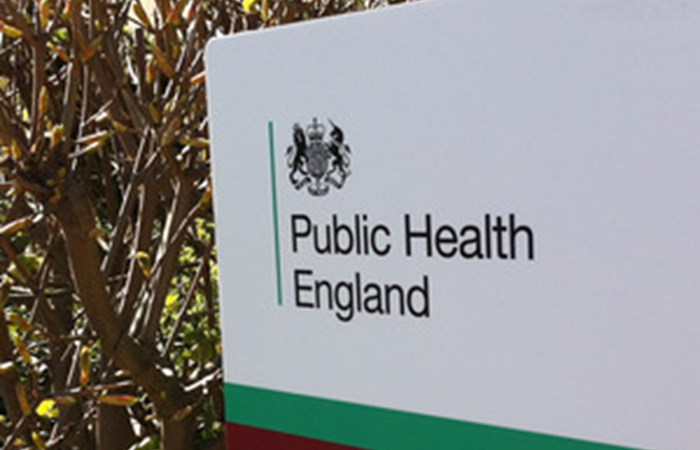Public Health England

No cases of imported Ebola have ever been reported in the UK. Ebola is a form of viral haemorrhagic fever and currently more than 1000 cases have been reported in Guinea, Liberia and Sierra Leone, of which there have been more than 650 deaths. This is the first documented Ebola outbreak in West Africa, and it is the largest ever known outbreak of this disease.
PHE continues to work with government colleagues, the World Health Organization and a wide range of partners including UNICEF, Mdecins Sans Frontires, to provide support to the affected countries. By the end of August, PHE will have deployed 10 staff to the affected areas, providing virological and epidemiological support.
Within the UK, PHE has informed medical practitioners about the situation in West Africa and requested they remain vigilant for unexplained illness in those who have visited the affected area, and actions to take in the event of a possible case. PHE has also provided advice for humanitarian workers planning to work in areas affected, and continues to engage with the Sierra Leone diaspora in England.
Advice has already been issued to Immigration Removal Centres on carrying out health assessments for people who may have previously been in Ebola outbreak areas within the preceding 21 days. In light of the ongoing outbreak, PHE will continue to liaise with the Border Agency and Port Health, to update guidance for staff working in airports and ports.
Cabin crew identifying a sick passenger with suspicion of infectious disease on board, as well as ground staff receiving the passenger at the destination, should follow the International Air Transport Association (IATA) guidelines for suspected communicable diseases.
Dr Brian McCloskey, director of global health at Public Health England, said:
The risk to UK travellers and people working in these countries of contracting Ebola is very low but we have alerted UK medical practitioners about the situation in West Africa and requested they remain vigilant for unexplained illness in those who have visited the affected area.
People who have returned from affected areas who have a sudden onset of symptoms such as fever, headache, sore throat and general malaise within three weeks of their return should immediately seek medical assistance.
Dr Paul Cosford, director for health protection at Public Health England said:
As we have seen with Middle Eastern Respiratory Syndrome, we have robust mechanisms in place for detecting and responding to any usual infections within the UK.
It is important to stress that no cases of imported Ebola have ever been reported in the UK, and the risk of any traveller to West Africa contracting Ebola is very low without direct contact with the blood or body fluids of an infected person.
Timeline of events:
- February 2014 - Outbreak of a haemorrhagic illness in south-east Guinea
- March 2014 - Outbreak of Ebola confirmed in south-east Guinea
- Later that month, tests confirm Ebola has spread into Liberia
- May 2014 - Sierra Leone confirms Ebola has spread to the Kailahun district, east of the country
- June 2014 - MSF declares the Ebola outbreak is out of control
- July 2014 First case of Ebola confirmed in Nigeria
PHE has published a risk assessment of the current Ebola outbreak for the UK resident population and UK citizens in West Africa.PHE has also published advice for humanitarian workers working in the affected areas and also a general information factsheet.
Also see Ebola: government response
